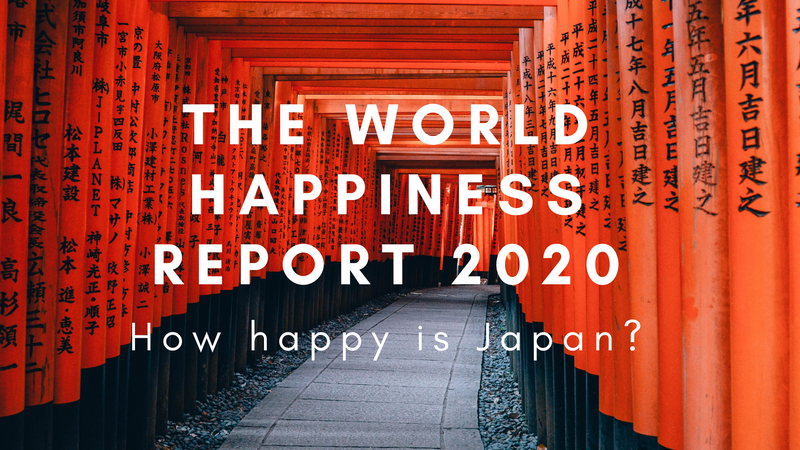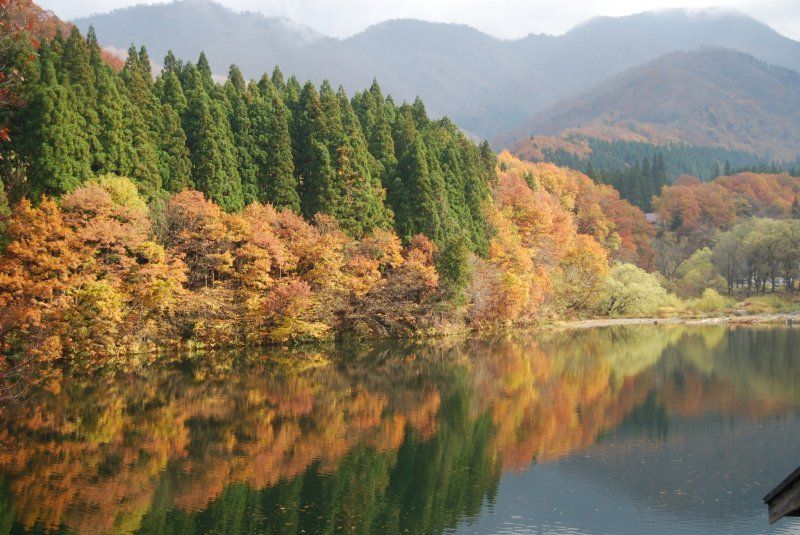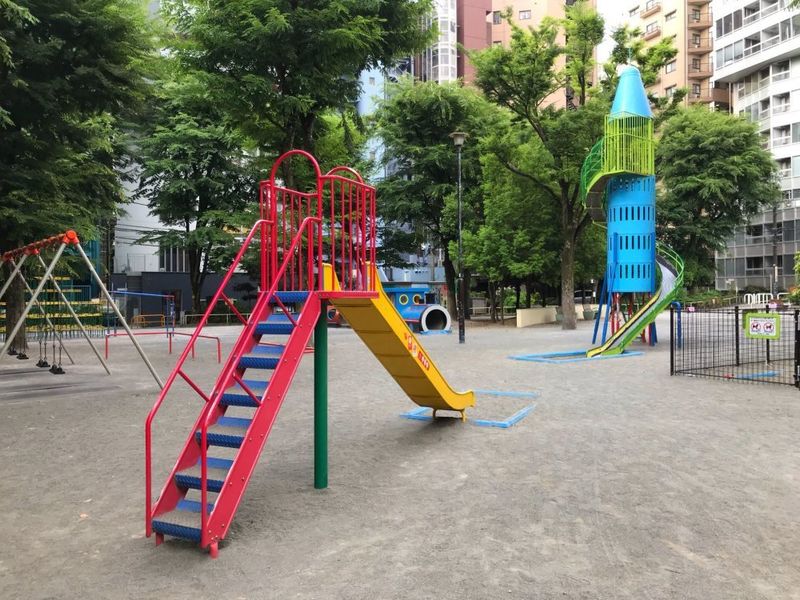Jun 30, 2020
The World Happiness Report 2020: How happy is Japan?
It goes without saying that where you live can really impact your overall happiness. There are the big things to consider on the happiness scale like safety and the cost of living, right through to smaller factors — maybe for you it’s whether you have access to your favorite coffee chain or other amenities nearby.
People’s location-based happiness is of such interest that a World Happiness Report actually exists - and it measures 156 countries by how happy their citizens perceive themselves to be. You can read the 2020 report in full at the following link, but as expats I think it poses some particularly interesting questions - one of the main ones being “would you be happier in Japan, or back in your home country?”

The focus of the 2020 World Happiness Report
In the 2020 edition of the World Happiness Report, there were three main factors considered in what makes us happy: our social, urban, and natural environments. The social component of happiness focuses heavily on having someone to count on, having a sense of freedom to make key life decisions, generosity, and trust. Urban happiness is quite an interesting measure - it centers around the happiness levels from cities around the world, and compares that with how happy rural and regional dwellers are. The natural environment element of happiness is based on factors like environmental pollutants, closeness to green spaces, noise levels, and weather conditions.
Japan’s standing on the World Happiness Report
On the World Happiness Report for 2020, Japan sits in 62nd spot. As a comparison, my passport home country of Australia is in 12th spot. Japan actually slid a few places on the report this year - the 2019 report had Japan sitting in 58th position. It’s interesting to consider that when Japan ranks so highly on a range of other measures (12th out of 187 countries on the United Nations Human Development Index, 6th out of 144 countries on the Global Peace Index, and 2nd for life expectancy), that happiness seems to lag behind.
Expat life in Japan and social happiness
As expats, we’ve all experienced the need to create new support networks and people to rely on. Uprooting your life and transplanting it somewhere else can be difficult - but finding a group of folks we can trust is essential to overall happiness. Making friends can happen organically, perhaps through work or hobbies, but there are also specific groups designed for the purpose of connecting with others. One look at a site like MeetUp shows groups like Tokyo International Friends, Tokyo Make Friends MeetUp, and Shinagawa International Friends - plus a plethora of interest-based groups for everything from yoga to badminton and even craft beer appreciation. These can be a good place to start if you’re looking at increasing your levels of connection and social happiness.
In more regional and rural areas, I’ve found that MeetUp isn’t used quite as much, but local events are still often posted on Facebook. In my rural Niigata town, we have a Facebook group where posts are made about everything from local fun runs and hikes to car sharing trips to the beach - and more. It’s worth checking to see if there’s anything like that in your area to make connections. If there’s not, you could always be the initiator! Another good spot to check for social events is your city office. In Minamiuonuma our city office has event info and details for social activities and classes, including Japanese language lessons. Pop in to yours, and check out what’s potentially available for you.
Urban happiness versus rural and regional happiness - is city life worth it in Japan?
Alongside the World Happiness Report which compiles happiness levels from across the globe, some research has been conducted within Japan on happiness levels across the 47 prefectures. The most recent compilation took place in 2018, where the happiest prefecture was Fukui, of all places - which is in 43rd place when it comes to population. Perhaps even more interesting was the fact that Fukui came in first for happiness in the last three surveys on this topic.
There are obviously a host of variables that can impact a person’s happiness if they’re living in a city or in the countryside. Some people simply prefer the hustle and bustle of urban life, whereas others would rather be close to nature. Cost of living differences in urban and rural areas, job opportunities, commute times, and access to enriching activities are just some of the factors that can impact how enjoyable it is to live somewhere. Having personally experienced both urban and rural living in Japan, I can say that either option has pros and cons (like most situations in life!) and it’s hard for me to pick a winner.
In Tokyo, we had access to just about everything we needed, there was a truly cosmopolitan atmosphere, it was easier to make friends, and there were far more job opportunities available. Conversely though, the cost of living was far higher, and to really feel like we got a break from urban life we’d have to travel outside the prefecture. In Niigata, we have so much open space in the local area, our produce comes direct from people we know, we’re friendly with our neighbors, and despite it not being as easy to make close friends, the overall sense of community is greater. On the flip side of all that good stuff, it can often feel isolating here in the winter months, there aren’t as many options for entertainment or international foods, and our choices for rental properties have been extremely limited. It would be hard to determine in which situation I was happier, but in Niigata we have much more quality family time as a result of less work pressures - which is definitely nice.
Natural happiness: how far are you from open space?
It was the famous poet and novelist Sylvia Plath who wrote “I felt my lungs inflate with the onrush of scenery—air, mountains, trees, people. I thought, “This is what it is to be happy.” She had a point, too. The correlation between green space and happiness has been a point of interest for researchers for some time now. There has been research conducted in the UK where the findings clearly indicated that participants in the study were happier in natural environments, and other research extends that to people being even more happy if the open space they were in was particularly scenic. Further research says that it’s often less about the green spaces themselves, but more about the social connections that come from those places. Also, if a green space isn’t clean or is hard to access, then it’s not going to have those happiness-boosting qualities. You may think that green space refers to specific parkland, but some research argues that happiness can even be gained from green spaces like street trees, golf courses, or riverbank areas.

Autumn in neighboring Echigo Yuzawa is stunning - it definitely fits the image of scenic spots making you feel happier!
Data is available online which lists cities by their percentages of green space, and as of 2015 Tokyo had 7.50% of its land designated as green space. That doesn’t sound too bad, but when you look at other cities on the list such as Finland’s capital of Helsinki (40% green space), Oslo in Norway (68% green space), and Vienna in Austria (45.50% green space) - all of which made it into the Top 10 on the World Happiness Report - it seems that higher levels of green space could help Japan, too.

Research suggests higher amounts of green space in a city seem to correlate with increased levels of happiness. Small urban parks in Tokyo often could do with a bit more green.
How happy do you feel in Japan - and is there a noticeable difference in your happiness since you’ve resided here compared to when you’ve lived elsewhere in the world? How do you think you fare in the categories of social, urban, and natural happiness in your corner of the country?
Author: genkidesu
Greater insights and deeper experiences from voices in the City-Cost community.



0 Comments